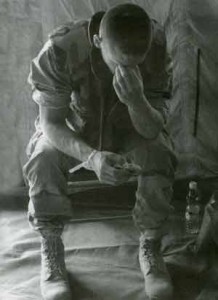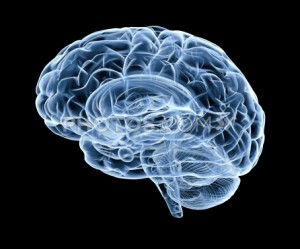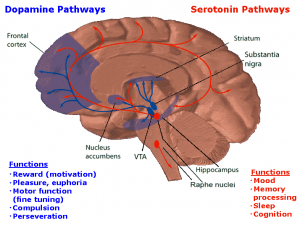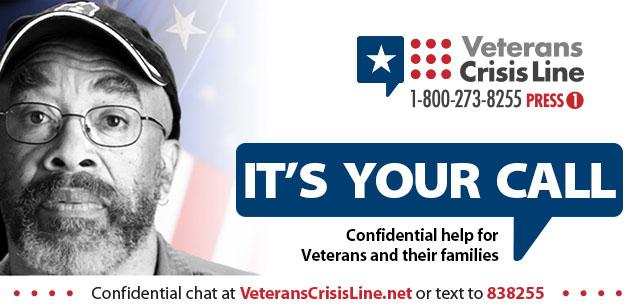Sometimes things happen on top of things that happen on top of other things. Sound familiar? If it were not familiar than statements like, “When it rains it pours,” would not be so common.
This has not been an uncommon theme in my experience as a pastor and a coach. Often the events seem to be unrelated. Physical illness, loos a job, car breaks down, furnace breaks, dog gets sick, a close friend passes… You get the picture. It could be any number of things that pile up one each other—on you. And if you are already dealing with Post-Traumatic Stress or anxiety…
- Double down on what you know works. This is the time to stand firm. Take a breath and review all the tools you have already acquired. What has worked for you in the past: exercise, healthy food choices, meditation, prayer, study, and time with friends, action…? This is likely different for each of us. Stand strong in all that you know how to do to deal with adversity. If that is not enough, learn new strategies to deal with adversity! The more difficult the circumstance the greater possibility for growth.
- Reach out for help! Humble yourself and let trusted resources know you are struggling. Let them know how they could help. Don’t dump your problems on them. Rather, let them know how they could help you solve or deal with one of the issues.
- Consider reaching out to help another person. (listen to our podcast: “3 Reasons to Reach Out To Help“) When things seem to be snowballing in our lives it can be helpful to take some of the focus off of our circumstances and reach out to help someone else through something difficult in their lives. This is not to deny the reality of our situation. Rather, it helps contextualize our situation. We also seem to receive so much more when we give.
Question: What do you do that is helpful with everything seems to be happening at the same time? Or What affect do other life circumstances have on PTSD?





